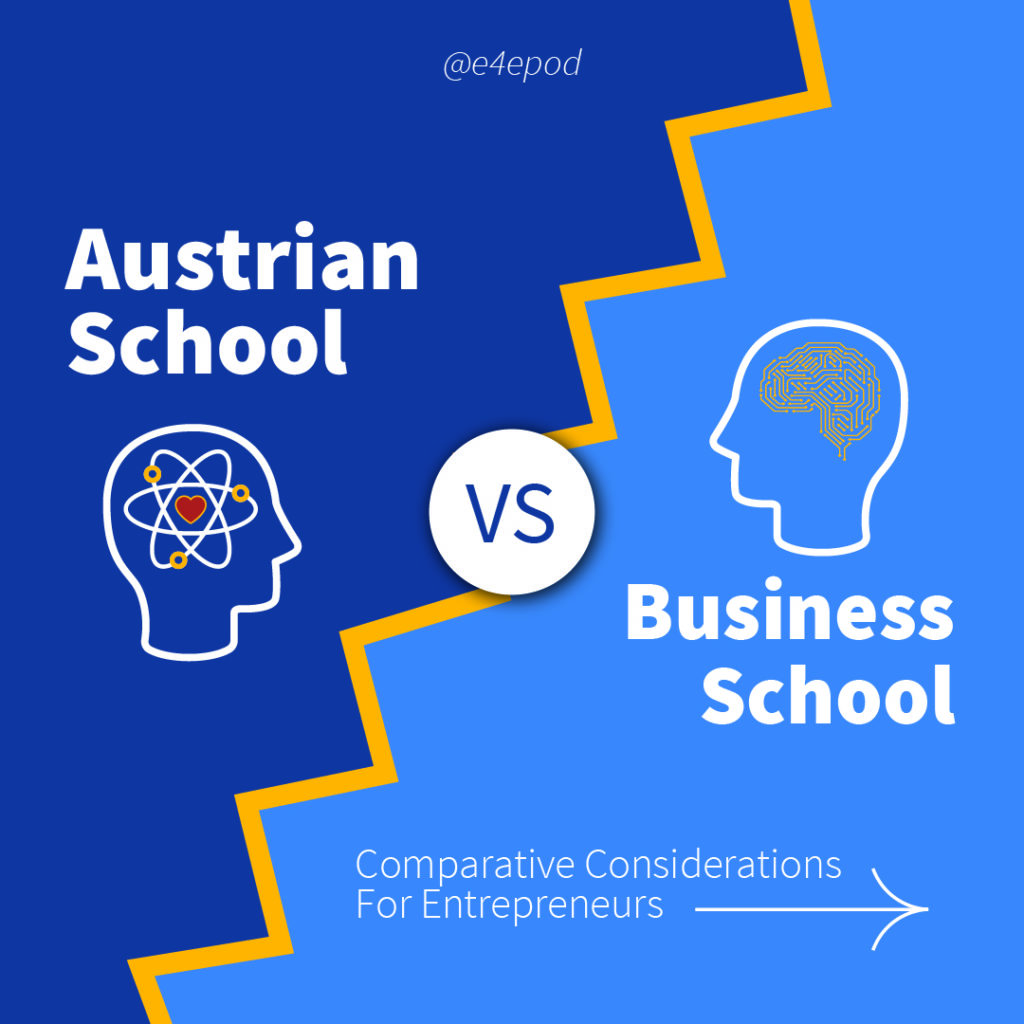The Entrepreneurial Individual’s Checklist

The entrepreneurial individual is the one best equipped to navigate a pathway through the changing world of work, revenue streams and economic opportunities. Follow these guideposts.
Check your dependency
Are you relying on an employer or an industry for your career? Are you dependent on the hierarchy for the chance to climb up some kind of ladder? Do you feel dependent on any other person, company or institution? Are your opinions your own? Are you your own editor amidst the flood of propaganda? Take a personal audit to make sure none of these dependencies apply. Any that you find, discard them. Authenticity starts with self-efficacy
Who Am I?
Ask yourself the question, “Who Am I?” It’s not an HR question about strengths and weaknesses. Those are concepts manufactured to keep you in your place on the ladder. The important question is a self-assessment of your values. Entrepreneurship is a moral activity – understanding others’ needs and serving them. Valuing others is what will guide your behavior, sustain your drive, and underpin your achievements.
What do I know?
Every one of us has a unique set of knowledge, sharpened by our individual experience and perspective. That’s a starting point. Then think of knowledge not as a fixed stock, but as an activity. Knowledge is acquirable, a renewable resource. Augment yourself with new knowledge every day, and be aware of its unique value. The economics of individual entrepreneurship are based on the value of individual knowledge.
Who Do I Know?
In the old economic world, your history, where you went to school, and which companies were on your resume were the raw materials for an assessment of you by others. Today, all that is irrelevant. Your network is the most important asset. Like knowledge, networking is an activity, and connections can be acquired. The term social networking implies a two-way relationship: you must give in order to receive, and maintain that exchange over time to keep a network relationship. Once you are in that two-way mode of behavior, there are few, if any, network relationships that are closed to you. Be an active networker.
What resources are available?
The entrepreneur asks, “What are my resources?” before asking, “What can I do?” The great difference between the old economic world and the new is that resources are connections rather than high-cost fixed assets. You can download computing power from the cloud, you can engage and manage programming experts anywhere on the globe, you can buy highly specialized services on global exchange platforms, and you can engage experts on global talent portals. Financing can come from private peer-to-peer lending platforms, and office space from incubators or shared work centers. The great skill is to be a super-connector – to be exceptionally good at making, keeping and managing these connections.
How can I contribute?
We live and operate in a service economy. Service means filling a need felt by another, solving a problem encountered by another, or addressing a dissatisfaction that is bothering another. Service is both the creativity and morality of the entrepreneur. You make others’ lives better by filling the need, solving the problem and addressing the satisfaction in a new way that is better than anything previously available. The operative word is “new”. Find your target audience that feels the need, develop the understanding and empathy required to meet it, and establish your niche as the unique provider of a better solution.
How do I fit in?
Ecosystems already exist. Your new solution is never a standalone solution. It needs to be compatible with delivery systems and channels. It may need to meet regulations. It must be easy to understand. It cannot require a huge change in behavior, but rather a better experience resulting from behaviors that consumers have already exhibited.. Your skill at connecting must also include interconnecting to those parts of the ecosystem that will sustain your new solution.
Your goals will emerge.
It may seem odd to you to place goals so low on this list. Isn’t the idea to set goals and then devise the means to accomplish them? In the new world of entrepreneurship, it is OK for initial objectives to be ambiguous. First you understand your own values, then you assess your knowledge, network and resources, and identify where you can contribute and how to fit in. You have become an entrepreneur, which is a lifestyle choice. Don’t worry if the goals, in terms of numbers and time and metrics, are unclear at the outset. You want to work within your resources. You want to find partners. You want to find customers and to please them. Your goals will emerge from this process; don’t stress too much about them at the outset.
Be the happy bearer of uncertainty.
The future is unpredictable. The entrepreneur lives in the future, looking forward to better things based on entrepreneurial sacrifice today. You work without salary, or with borrowed money. Your time preference is long term: your economic reward lies in the uncertain future. If it weren’t for entrepreneurs who feel this way and work this way, we’d have no progress, and we’d experience no improvements. Take joy in the role.
Take charge of your life
The ultimate reward lies in self-reliance. It’s important to recognize what you can and can’t control. You can’t control the economy or interest rates or social change or your competition. But you can control your own entrepreneurial execution, your team selection, your technology choices, and your business model. You can ensure that you operate on the basis of your own values and, if you are building a firm, ensure that those values become the culture of the organization. You can control all of the relationships you have established, at least on your side (and abandon those where the partner does not live up to your standards). There is great reward in controlling the things you can, and ceasing to worry about those you can’t.







Responses